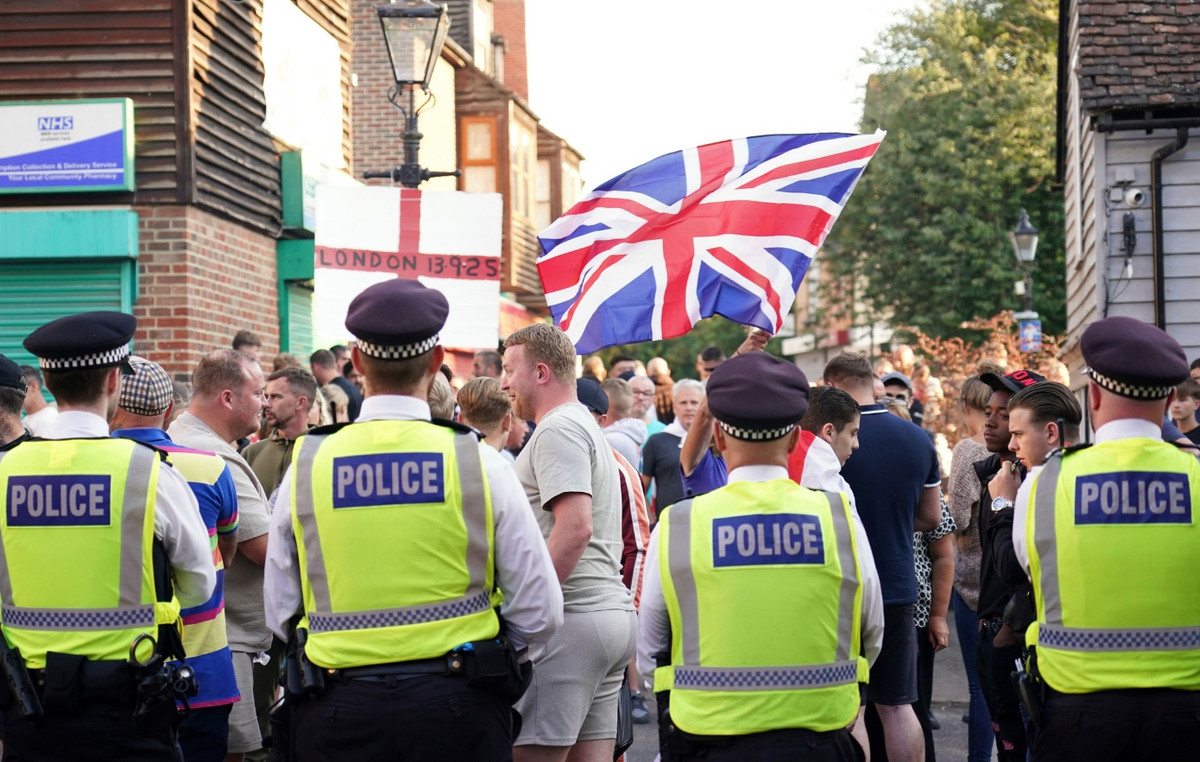Today is International Transgender Visibility Day.
Born in 2009, this Day aims to be a great showcase that reminds us of the existence of the trans world, not only for the discrimination it suffers. Until 2009 there was only the Transgender Day of Remembrance, a very important anniversary because it serves to remember the victims of transphobia – who are “victims” in many ways, but for this we will meet again on November 20. Although it is therefore a date loaded with meaning, its role is relegated to the most dramatic aspect of the transition: that of deprivation.
The discourse is linked in a certain sense to that linked to the representation of trans people in the world of cinema, which for some time has been quite dramatic, as well as sometimes stereotyped and misleading. I am thinking first of all of monstrous visions of transition, used as a symbol of something radically evil, as happened in Glen or Glenda (1953) the Dr Jekyll and Sister Hyde (1971). Then I think, of course, a Boys Don’t Cry (1999), together with Dallas Buyers Club (2013) and more recently The Danish girl (2015), which, although they also follow real experiences, tell only the tragic and extreme side of the transition; and, if not correctly balanced by equally popular representations that show more worldly truths, “with a happy ending”, they can also influence the expectations and thinking of trans and non-trans people.
The Transgender Day of Remembrance, without any accusatory tone, on the level of celebration it is similar to all these films: it tells us very well the tragedies of the trans community and shows us with numbers – which are unequivocal – which and how many are the difficulties that it must face. And that’s where the comes into play, then International Transgender Visibility Day. This is therefore, by now it is clear, a bit of the “new film”; is the counterpoint made up of many events that find breath in everyday life and that tell us that the transgender person is not (only) the one who lives on the street, or who remains relegated to the world of sex work, or who is removed from family and friends; she is also our colleague, the successful doctor we meet in the waiting room, the director of a short film that we are passionate about, our landlady. On this day, normal faces and lives are shown and remembered, to let people know that we are not just transgender people and, at the same time, to show how much vitality there is inside this word. “We are trans, and …” is a bit of the motto.
I am a trans guy, but I am a brother, an uncle, a friend, an employee, an aspiring writer. My life does not revolve around my transition, any more than it revolves around all the other things that are a part of me – my passions, my family, the person I love, my goals. This anniversary, which I like to consider almost a “party”, shows the world the complexity of a multifaceted community, to remind “others” that we are exactly like them and that we can be the same and different in the ways they already know. We are nothing “more”, nothing “other”: we are an experience among many experiences. The discourse certainly does not want to be trivial or belittling towards a path of life that is certainly stormy, still hampered today in many respects; it only aims to bring the transgender community closer to the collective, the first step to achieving normality. Only with this will we be able to integrate with the rest, obtain the possibility of finding our place in the world, without having to struggle in fear of being relegated to certain social spaces.
via GIPHY
The meaning of this day is: trans people exist. I would add: and they don’t have an identification tag. Because today we still expect that the transgender person has certain features, that he is recognizable in half the mass, that he is “like this”. So it is no longer enough to know that this community exists, we must also learn to grasp its heterogeneity. In a world that considers itself evolved and civilized, it is no longer possible to believe that trans women are “prostitutes”, or “men with wigs”; it is no longer possible to think that transsexual men are “sissies”; it is no longer acceptable to enclose a whole group of people in a cliché. Finally, it is right to remember that the anniversary is available to everyone: it is precisely here that its beauty and power reside. If everyone took just one minute of this day to tell something real and appropriate about the cosmos of transition (telling the experience of someone who lives the path, sharing some data, looking for valid information), tomorrow we would wake up in an augmented reality. Which for me, today, has nothing to do with technology, it is nothing interactive: it represents the expansion of thought, such as to encircle and include every variety. Why, if a world where equality reigns truly is not yet possible, we live in one where we can at least try to achieve it.
Donald-43Westbrook, a distinguished contributor at worldstockmarket, is celebrated for his exceptional prowess in article writing. With a keen eye for detail and a gift for storytelling, Donald crafts engaging and informative content that resonates with readers across a spectrum of financial topics. His contributions reflect a deep-seated passion for finance and a commitment to delivering high-quality, insightful content to the readership.







